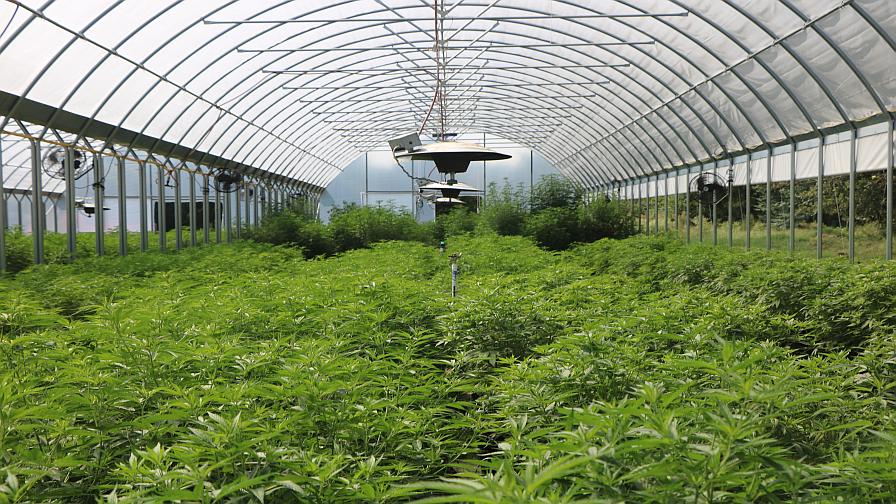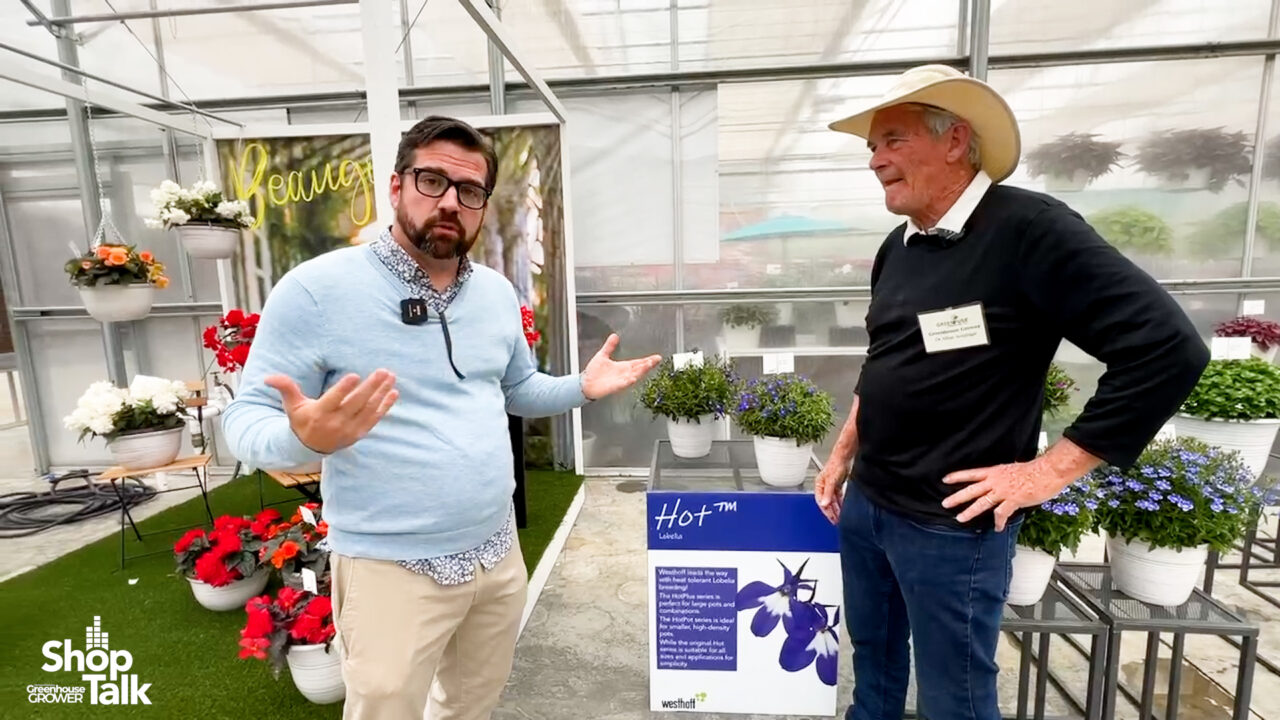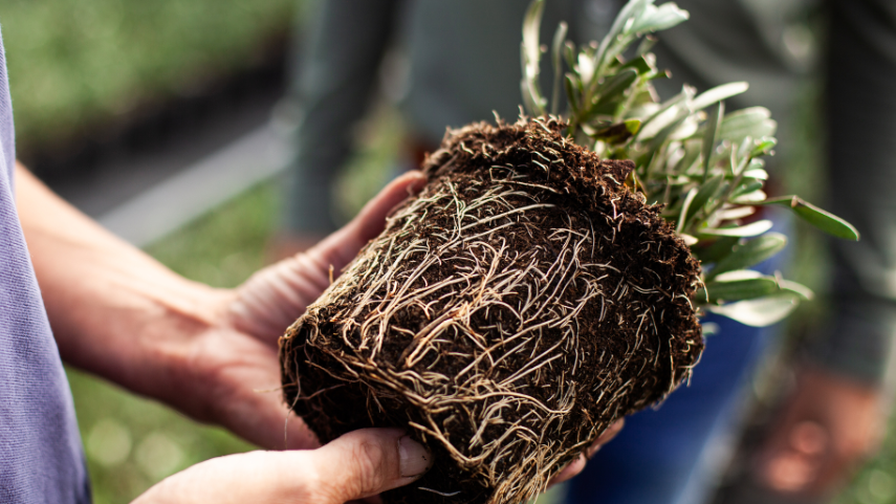Q&A: COVID-19 Brings More Uncertainty to an Uncertain Crop
The “building its ship as it sails” hemp industry is no stranger to operating amidst uncertainty – and it’s probably fair to posit that the tragic COVID-19 crisis has saddled the young industry with more of the same as hemp growers, just like the rest of us, navigate shelter-in-place orders, closed borders, and a healthy dose of “should I even grow a crop” in 2020 questions.
As I myself navigate this first week of #WFH life like a blindfolded, slightly over-imbibed sailor, I connected with PanXchange founder Julie Lerner for an early read on what the coronavirus means for the U.S. hemp industry at large.
PanXchange is an ag commodities brokerage and consulting firm founded by Lerner after her previous stint as a trader for megafirm Cargill. The company has been offering commodity markets analysis since 2011 from its Denver, CO, office, right in the heart of America’s hemp breadbasket.
Greenhouse Grower (GG): Any thoughts on hemp/cannabis farming being included in the “essential industries” designation and the certainty that this provides hemp farmers going into 2020? What do you think farmers would have done if the government had shut them down during planting season?

PanXchange CEO Julie Lerner.
“I suspect that the ‘essential’ ruling will vary from state-to-state and unfortunately, I am not in a position to speculate on how state governments will rule on this. It’s far too early to predict what farmers will do because it depends on timing, and I think they will individually assess the risk/reward of compliance.”
GG: PanXChange tracks and projects hemp biomass prices at wholesale throughout the season. How do you see this COVID-19 development affecting futures prices? Will it mimic the stock market and other commodities with severe downward price trends?
“I think a downturn in the economy will negatively impact the retail values of CBD products. However, the prices of biomass, crude oil, isolate, and distillate will remain a function of supply and demand fundamentals, affected only by disruptions such as mandated cessation of work, labor shortages, or hinderances in transportation should they occur. It’s a few weeks too soon to make any predictions on those matters, but it’s noteworthy that we entered the 2020 crop year with a surplus of biomass, so we cannot blame everything on the virus.”
GG: FDA had implied they were fast tracking CBD regulations for consumers in the previous months, but obviously with what’s happening now that is likely to go on the back burner at FDA. What about CBD crude oil price futures, and what kind of movement do you expect to see there?
“I anticipate that retail prices will decline because of significant competition and the downturn in our economy.”
GG: Are farmers still expressing uncertainty regarding purchasing decisions around hemp genetics for 2020? If so, when do you see them receiving any clarity that would make them comfortable making the investment for this season?
“This is a little too broad to respond to, but we do touch on it in our March report that is released this Wednesday.” (Editor’s Note: The report referenced is behind a gated paywall. Greenhouse Grower does not receive a commission or compensation from signups.)
GG: Any thoughts on the delay this might cause at places like Colorado State University and Cornell University, as they are some of the leading research institutions in hemp. With such a need for more data and research into hemp genetics and farming practices, what do you think that means for the industry at large?
“I assume the virus will delay research projects, as it’s not likely a ‘work from home’ endeavor.”
GG: Labor availability is such a critical factor in hemp farming, especially at harvest time but really during all aspects of production. Are you foreseeing hemp growers having a hard time finding labor in 2020 due to COVID travel restrictions, border closings, VISA programs being paused by the government, etc., or do you think some of the laid off domestic workers can potentially fill that void for farmers?
“It’s still too soon to tell.”










